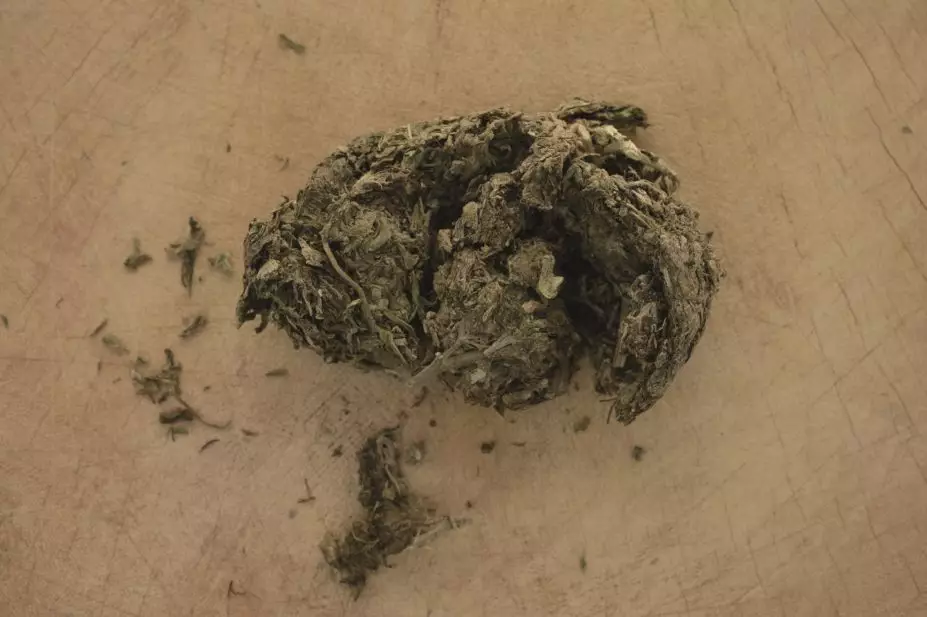
Shutterstock.com
Analgesics have recently been shown to be beneficial for neuropsychiatric symptoms, particularly agitation, in patients with dementia. Building on this, researchers hypothesised that low-dose oral tetrahydrocannabinol (THC) — the main chemical involved in marijuana’s psychoactive effects and that has analgesic properties — may be similarly beneficial and better tolerated than current drugs used in dementia patients.
The researchers randomised 50 patients with dementia and behavioural symptoms to take 1.5 mg of THC three times daily or placebo for three weeks. The results, reported in Neurology
[1]
(2015;84:1–9), show no difference in neuropsychiatric symptoms, agitation, quality of life or activities of daily living between the treatment groups. THC was well tolerated, however, with no effects on vital signs, weight or episodic memory.
“The benign adverse event profile of this dosage allows study of whether higher doses are efficacious and equally well tolerated,” say the researchers.


